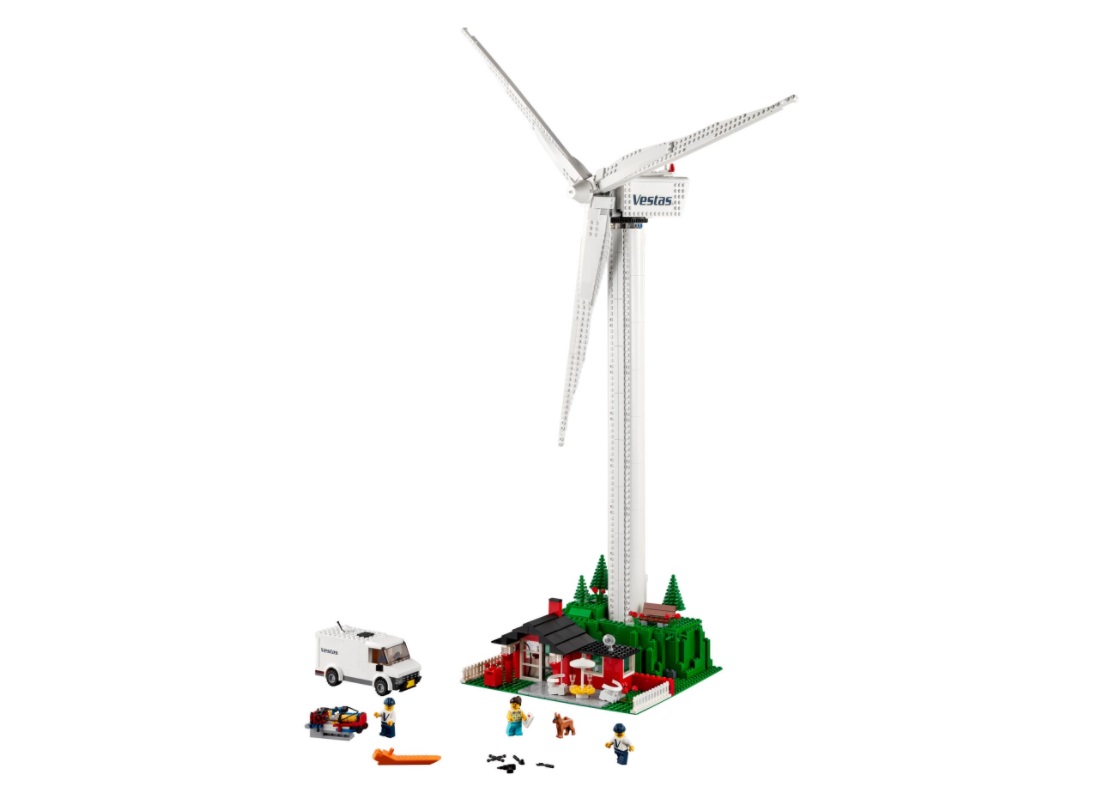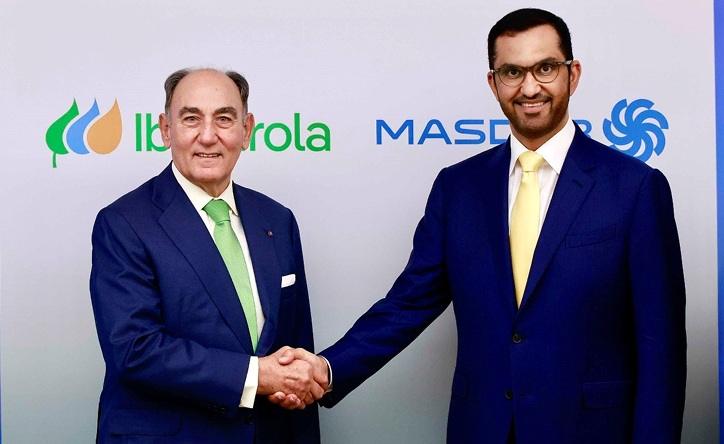LEGO to Invest Over $1.4 Billion to Reduce Emissions, Commits to Net Zero by 2050
The LEGO Group announced today a series of climate-focused commitments, including a pledge to achieve net zero emissions by 2050, and plans to triple its investments in environmental sustainability initiatives to over $1.4 billion over the next three years.
The company added that it will work with the Science Based Targets initiative (SBTi) to develop emissions reduction targets covering direct Scope 1 emissions from its factories, offices and stores, Scope 2 emissions from purchased energy, and Scope 3 emissions from the companies supply chain. 98% of LEGO Group’s emissions footprint originates in its supply chain.
LEGO Group’s new net zero goal marks an extension of the company’s SBTi-approved commitment, announced in 2020, to achieve a 37% emissions reduction by 2032.
Niels B Christiansen, CEO of the LEGO Group said:
“Our immediate priority is to meet our 2032 carbon reduction targets and we’re making progress across a range of initiatives. This new, long-term goal will ensure that the decisions we make today will reduce our carbon footprint over the coming decades. It will also encourage future generations of LEGO employees, partners and suppliers to continue working with a sense of urgency to reduce the environmental impact of our business.”
The company outlined several focus areas for its environmental sustainability investment plans over the next three years, including designing its factories and buildings to be carbon neutral run, increasing production of renewable energy in its factories, and buying renewable energy for factories, offices and stores.
In its supply chain, LEGO Group said that it will work with suppliers through its “Engage-to-Reduce” program, established in 2014 to collectively lower environmental impact.
LEGO Group also said that it will integrate Shadow Carbon Pricing on key investments, add a carbon KPI to executive remuneration beginning in 2024, and pursue responsible travel policies to reduce employee travel, with a particular focus on international air travel.
Christiansen added:
“We know that children are looking to us to do what’s right. Caring for the environment is one of their top concerns and we receive hundreds of letters a year with great ideas from kids on how we can make a difference. They are holding us to account, and we must set ambitious goals and take meaningful and lasting actions to protect their futures.”





